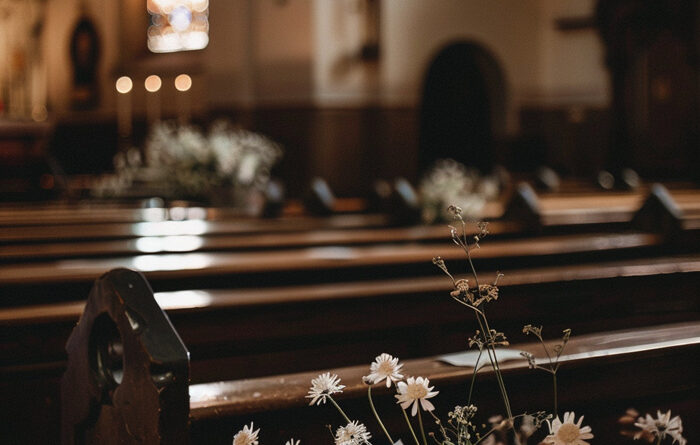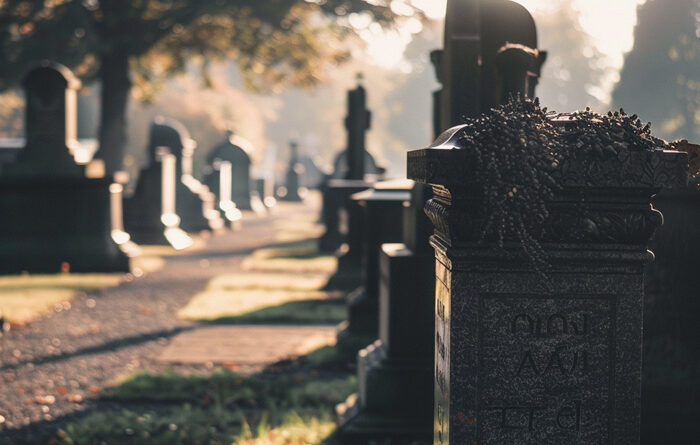
Introduction to Memorial Service and Traditional Funeral Options in Miami
The passing of a loved one brings a wave of emotions, coupled with the responsibility of honoring their memory. In Miami, a city infused with cultural diversity, families have a rich tapestry of options to celebrate the lives of those who have departed. This article delves into the distinction between planning a memorial service and organizing a traditional funeral, highlighting the considerations and steps to take in creating a fitting tribute in Miami.
Understanding a Memorial Service
A memorial service is an event focused on the life and legacy of the deceased without the presence of their body. This gathering provides family and friends the opportunity to come together, share memories, and support one another in an atmosphere that reflects the personality and preferences of the departed. Because the body is not present, a memorial service offers flexibility in timing and venue, allowing for a range of creative and personal expressions of remembrance.
Key Elements of a Traditional Funeral
In contrast, a traditional funeral typically involves a formal ceremony with the deceased’s body present, often followed by a burial or cremation. This type of service is usually conducted shortly after the individual’s passing and may adhere to religious or cultural customs. Such events often take place in funeral homes, places of worship, or at graveside and are guided by rituals that provide structure and comfort to the grieving.
Deciding Between a Memorial Service and a Traditional Funeral
Choosing between a memorial service and a traditional funeral depends on various factors, including the family’s beliefs, budget, and the wishes of the individual who has passed away. In Miami, with its multicultural community, these decisions may also be influenced by cultural practices. Analyzing the personal desires of the family and the deceased, the anticipated number of attendees, and the types of activities or rituals to be included is critical in making an informed choice.
Planning a Memorial Service in Miami
Organizing a memorial service in Miami allows for an array of venues and themes to honor the deceased in a meaningful way. Often held without the constraints of immediacy, relatives have the freedom to plan a gathering that might include personal touches like favorite music, photo displays, storytelling, or releasing of doves. Venues can range from beachside settings to community halls, allowing for a more relaxed and reflective atmosphere.
When planning such a service, collaborating with an experienced event planner or funeral director can help relieve the stress of organization. They can guide families through the process, assisting with logistics such as securing a venue, arranging for catering, and handling audio-visual equipment for tributes. Additionally, support groups and counselors can provide comfort and guidance on how to create an emotionally supportive experience for all attendees.
Organizing a Traditional Funeral in Miami
Arranging a traditional funeral in Miami might start by selecting a funeral home that offers services congruent with the family’s faith or cultural background. Funeral directors are skilled in helping with sensitive preparations during this time, offering guidance through legal formalities, choosing a casket or urn, and setting up visitation or viewing arrangements.
Religious leaders or celebrants can work with families to incorporate prayers, readings, and rituals that respects the life of the individual and caters to the family’s wishes. Furthermore, handling the logistics of transporting the body, setting a date for the service, and coordinating with cemeteries or crematoriums are pivotal aspects of the process.
It is also essential to communicate with attendees about the program’s specifics, the attire expected, and any cultural practices they may partake in during the ceremony. Attention to these details provides a seamless and respectful ceremony that honors the memory of the departed.
Important Considerations for Both Services
No matter the choice of service, it is important to manage the budget carefully. Memorials and funerals can vary significantly in cost, and Miami offers options for varying financial situations. Likewise, personalizing the service to reflect the individual is always important; this may include selecting readings, music, and participating in meaningful rituals.
Furthermore, managing invitations and announcements is crucial in both scenarios. Today, digital communications offer an efficient means to inform a wide audience; however, traditional printed invitations may still be preferred for their personal touch. The family’s preferences will guide these and many other decisions throughout the planning process.
Conclusion
In the end, whether organizing a memorial service or a traditional funeral in Miami, the objective remains to celebrate and honor the life of a loved one. Both events serve as a means for survivors to express their grief, find support within a community, and reflect on the memories shared with the one they have lost. Each path offers a distinct approach to commemorating a life, and Miami’s rich cultural backdrop provides a diverse range of options to create a heartfelt and dignified farewell.
Ultimately, the choice between a memorial service and a traditional funeral is deeply personal, reflecting individual beliefs, cultural backgrounds, and financial considerations. The process can be navigated thoughtfully with the support of experienced professionals, ensuring that the final tribute is a moving and meaningful embodiment of a loved one’s life and legacy. In Miami, the decision can lead to a uniquely personal, uplifting, and memorable service that celebrates the unique spirit of the dearly departed.

What is the difference between a memorial service and a traditional funeral?
A memorial service is a gathering to honor the deceased without the body present, often held after a direct cremation or burial. This service allows for flexibility in terms of timing and location. In contrast, a traditional funeral typically involves a viewing or visitation with the deceased’s body present, followed by a more structured ceremony that often takes place within a short time after death and is usually conducted at a funeral home or place of worship.
Are there specific venues suitable for a memorial service?
Memorial services offer more versatility in terms of venue selection compared to traditional funerals. They can be held in various locations such as a loved one’s home, a community center, a park, or any place that was significant to the deceased. The venue choice can reflect the personality or wishes of the deceased, contributing to a more personalized remembrance.
What elements are involved in planning a memorial service?
Planning a memorial service involves several steps, including selecting a meaningful venue, choosing a date and time, deciding on a format or order of service, selecting a person or people to lead the service, and organizing any readings, music, or eulogies. It is also common to display photographs or personal items of the deceased. Additionally, you may want to consider how guests can share their memories and whether you’ll provide refreshments or a reception following the service.





